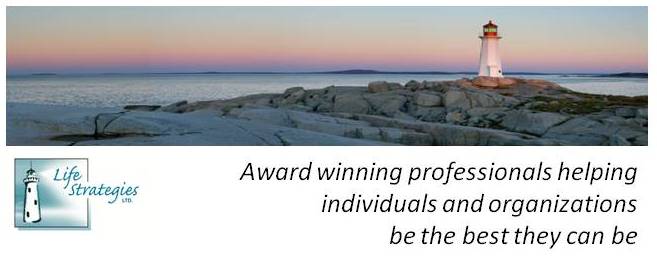 Some people think that anybody working in Canada who’s “from away” is an immigrant – but that’s not always the case. However, we rarely think of Canadians working abroad as having emigrated (i.e., left Canada permanently). Instead we consider them expatriates. This is an interesting shift in perspective, with all sorts of career/life implications.
Some people think that anybody working in Canada who’s “from away” is an immigrant – but that’s not always the case. However, we rarely think of Canadians working abroad as having emigrated (i.e., left Canada permanently). Instead we consider them expatriates. This is an interesting shift in perspective, with all sorts of career/life implications.Expatriates, international workers, or global careerists typically live a somewhat privileged lifestyle compared to locals; immigrants, on the other hand, typically struggle to get their careers back on track. Ironically, so do some people repatriating to Canada – although their careers may have blossomed abroad, similar to many immigrants they have a hard time convincing local employers that their international experience is of value.
Within Canada and many developed countries, when someone new to the country requests career services, there is often a focus on language training, skills upgrading, and, in some cases, complete re-careering. It’s not unusual to find an immigrant with a PhD driving taxi or serving in a restaurant. I once had a medical doctor from Afghanistan tell me that, upon arrival in Canada, he’d been told that he would have to work as a dishwasher here!
It astounds me that anyone would be surprised when a foreign-trained worker leaves Canada for better opportunities somewhere else. If I was to emigrate from Canada (i.e., immigrate to another country which was to be my permanent home), then it would be worth my time to learn the language and customs, upgrade my education, gain local job search skills, and take a survival job as I settled in. On the other hand, if I were to go to a foreign country where I'd heard that they needed people with my existing professional skills (e.g., teaching counselling in a university; corporate training for a multinational corporation), if I couldn't get that type of work within a very short period of time after arrival, there'd be no point in staying. I'd move to another country that could use my skills.
International/global careerists change countries in a similar way as people in a large city take on new jobs throughout the region. Within the Vancouver area, for example, someone might accept a job offer in Burnaby even if he or she lives downtown. The individual may commute rather than move to Burnaby. Even if a decision is made to move to Burnaby, once the contract is finished it’s quite likely that he or she will move again for the next job. So too, international workers go where the work is. They may leave family behind or families may relocate temporarily; children may attend local or international schools. Leisure time may be spent with other expatriates, groups from “home,” locals, or a combination.
Unfortunately, in Canada, we tend to view all people with foreign accents as "immigrants." However, the needs and expectations of immigrants are significantly different from the needs and expectations of people with international careers (or expats). Interested in learning more? Life Strategies offers relevant courses for career practitioners on The Immigrant Experience and International/Global Careers. Contact studentadvisor@lifestrategies.ca for more information.









